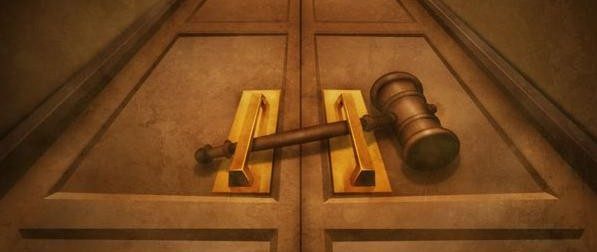A Mohammedans cannot through the Medium of a trust, settle property for the benefit of persons : high court of Calcutta
A Mohammedans cannot through the Medium of a trust, settle property for the benefit of persons who are incapable of taking under a gift common or can be through the medium of a trust create an e state not recognised by the law of gift governing the sector which he belongs. For example of Muhammad in kinnaur through the medium of a trust settle property in favour of an unborn person since neither or Sunni in orisha can make a gift in favour of an unborn person, by the high court of Calcutta, by the learned bench of the Honourable Justice Indira Banerjee and The Honourable Justice Sahidullah Munshi, in the case of Sahadat Hossain And others V. Sahiba Begum and Others, F.A. 162 of 2001.
FACTS
Md. Faiyaz, since deceased, was the owner of premises No.189, Park Street, Kolkata 17, comprising of 8 kottas of land and a two storied building standing thereon, which is hereinafter referred to as the suit property. The respondent no.1 in this appeal, Ms. Sabiha Begum (the plaintiff in the suit), is one of the daughters of the said Md. Faiyaz. She is the daughter of Md. Faiyaz, through the original appellant no.1, Mrs. Ershad Begum, (defendant No.1 in the suit) who Md. Faiyaz had married, after the death of his first wife. It appears that on 27th April, 1973, Md. Faiyaz executed a Deed of Trust whereby he appointed his second wife, Mrs. Ershad Begum, mother of the plaintiff Ms. Sabiha Begum and the defendant Nos. 2 to 6, as the sole trustee to hold the suit property, in trust, for the benefit of his five minor sons, being the appellant nos.2 to 6.
Md. Faiyaz had four sons from his first wife. After the death of his first wife, Md. Faiyaz had remarried Ershad Begum and from his second wife, he had five sons and three daughters, including the plaintiff, Ms. Sabiha Begum. After the death of Md. Faiyaz, Ms. Sabiha Begum, his eldest daughter through his second wife, instituted the suit being Title Suit No.171 of 1996 in the Court of the Assistant District Judge at Sealdah, for partition of the suit property, and accounts, claiming that by operation of the Hanif School of law she became the undivided co-sharer of the suit property to the extent of 4.17% share, upon the death of her father. Sabiha’s own mother Ershad Begum, named trustee under the deed of trust executed by Md. Faiyaz on 27th April 1973, was impleaded defendant no.1.
JUDGEMENT
The learned Court observed, and rightly, that the maintainability of the suit hinged on the question of whether the Deed of Trust under challenge was void and invalid. Thus, the issue of whether the Deed of Trust executed by Md. Faiyaz on 24th April 1973 was invalid and void and without any force was taken up along with issue No.1, that is, whether the suit was maintainable.
The learned Court held that the gift had not been accepted, even though the trustee that is, Ershad Begum had, in her evidence stated that she had accepted the trust. Moreover, the learned Trial Court doubted the validity of the will since there was no disclosed reason for excluding the daughters of the testator, particularly, when the recital of the Deed indicated that the settlor had transferred the property to the Trustee to hold the same in trust for his minor sons and daughters.
The learned Trial Court concluded that the totality of the circumstances went to show that the deed in question was not a valid one, void and without any force, considering that Md. S. Hossain, whose date of birth was 12th August, 1952 had been shown in the deed as a minor; Md. Faiyaz’s sons through his first wife had not been informed in writing of the deed of trust; Md. Faiyaz had transferred the property to the trustee Mrs. Ershad Begum to hold the same in trust for minor sons and daughters, but the daughters had ultimately not been given any interest in the property. Significantly, the learned Trial Court has not referred to any provision of law under which the trustee, Mrs. Ershad being the defendant no.1 was required to inform the sons of Md. Faiyaz through his first wife, of the Deed of Trust.
Click here to view the judgement


